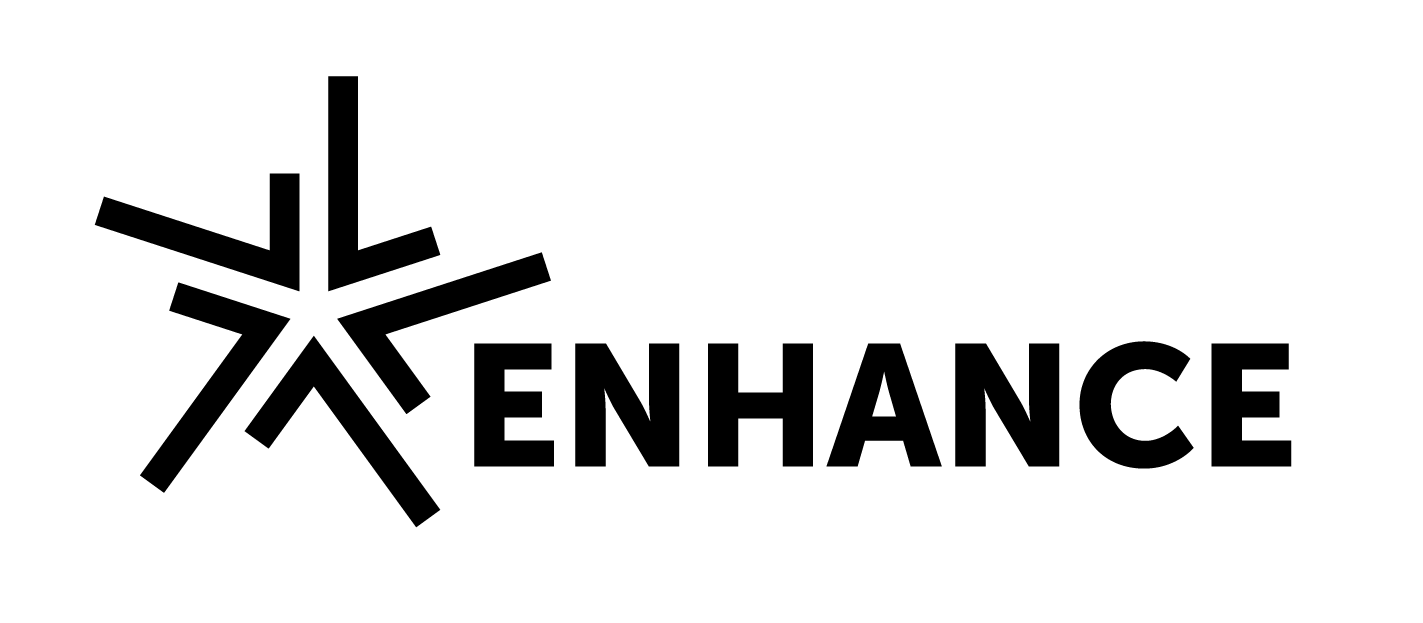About us
“Research infrastructures make science happen”. The European Commission recognizes the increasing importance of research infrastructures as a way to boost excellence in research, develop the scientific integration of Europe and attract the best researchers from around the world. The EU needs also to facilitate quick and easy access to research data, to develop attractive career frameworks for researchers, to equip them with the skills they need in a fast-changing global world and to support state-of-the-art research infrastructures. From a societal point of view, new emerging societal challenges, such as climate change, pollution, health crises, and increasing poverty are more and more demonstrating the urgent need of developing solutions and using resources and infrastructures able to provide answers in a quicker and more effective way. By the economical side, the urge of innovative practices and products by civil society is showing the increasing need of a more effective cooperation between research infrastructures and industry. In fact, with their high level of specialization, these facilities are a key element for creating new knowledge and an effective testbeds of innovative devices. For these reasons, Research Infrastructures are called upon to transfer their results outside the academic field. In order to address all these needs, ENHANCERIA aims to identify challenges and opportunities for increasing the sustainability of Research Infrastructures of the Alliance and for strengthening their resources, by building up a community of users.
- Report on mapping activities and main findings on RI portfolio within the Alliance
- Report on Best Practices in Managing Research Infrastructure Management
- Report on catalogue of ENHANCE RIS (to be published soon)
- Recommendations on sharing RI resources within ENHANCE (to be published soon)
Contact Person
Stefania Pesce: enhanceria@polimi.it
Building up a community of users for strengthening research infrastructures

Objectives
The main aim is to increase the sustainability of research infrastructures of the ENHANCE Alliance, including developing a common understanding of the potential of these facilities in terms of novel research and innovation, new skills and job opportunities, and new and more efficient services. The specific goals are:
Objective 1
Sharing best practices on management of research infrastructures between universities.
Objective 2
Increasing visibility of existing research infrastructures.
Objective 3
Increasing reciprocal utilization of research infrastructures
Objective 4
Stimulate communities of research infrastructures
Tasks
Task 1
Exchanging best practices and sharing experiences on managing research infrastructure.
Based on the results of the preliminary mapping activity, this task will identify key technologies of joint interest, main experts responsible of the facilities and their major management rules. This will lead to the identification of common definitions and to an agreement on a possible common model for sharing research infrastructures at Alliance level.
Task 2
Creating a catalogue of ENHANCE research infrastructures
In order to strengthen cooperation, facilitate exchange and stimulate the creation of users’ communities, this task aims to increase the visibility of research infrastructures within the alliance, producing an on-line catalogue of selected ENHANCE facilities. The catalogue’s purpose is collecting relevant data, including human resources, technologies, access policies and user costs, in order to share resources.
Task 3
Stimulating communities of research infrastructures
This task aims at discovering solutions for research infrastructures enhancement through piloting initiatives intended to pull together expertise, data, platforms and other resources. Examples of these initiatives are: providing access for researchers, offering training activities, exchanging methods and technologies, creating mobility opportunities. The final outcome will be the drafting of recommendations on common principles and requirements for sharing the research infrastructures’ resources.
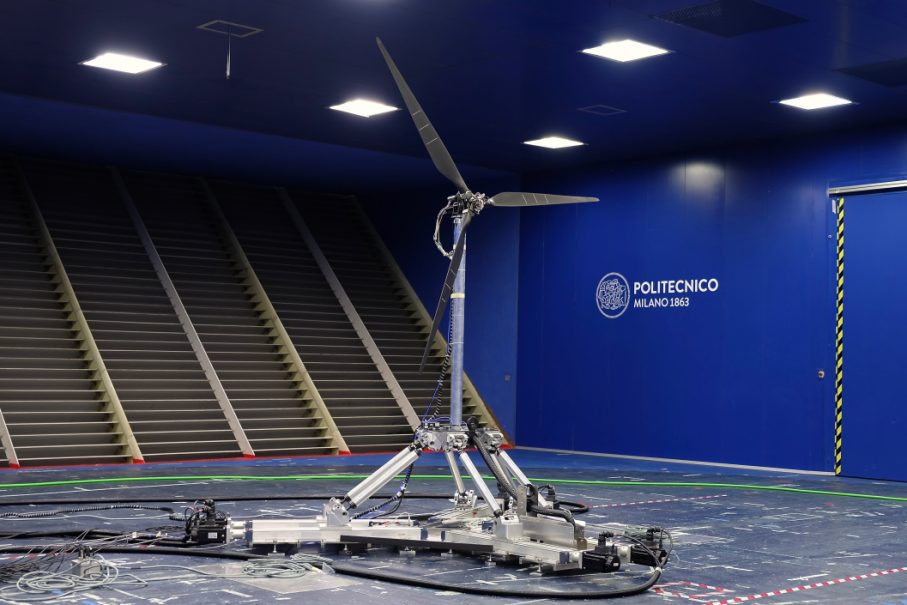
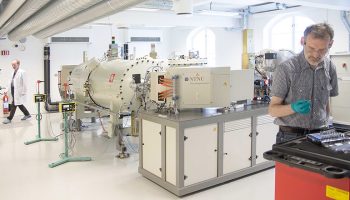
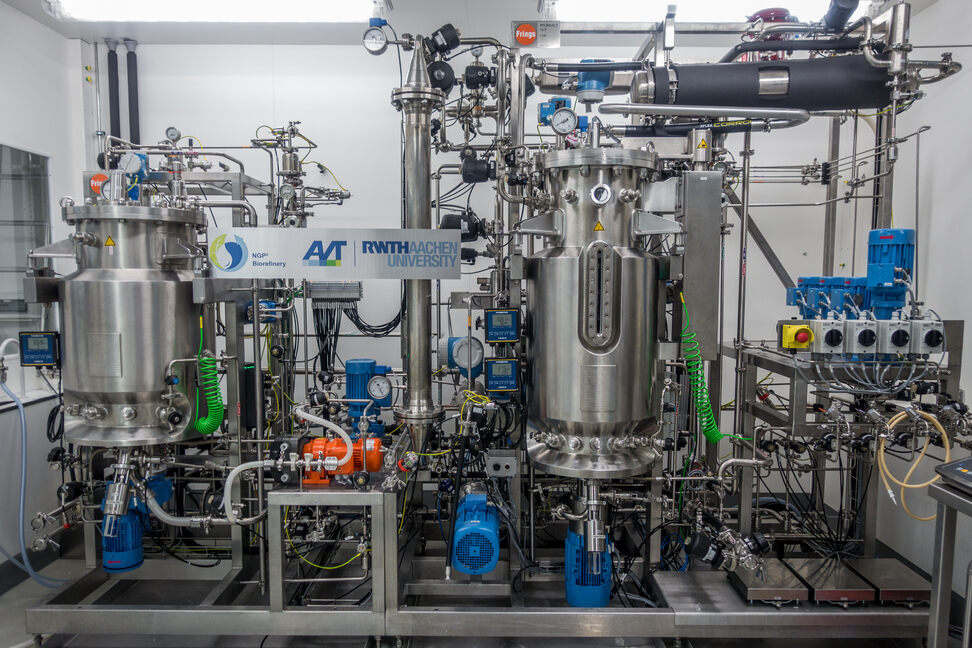
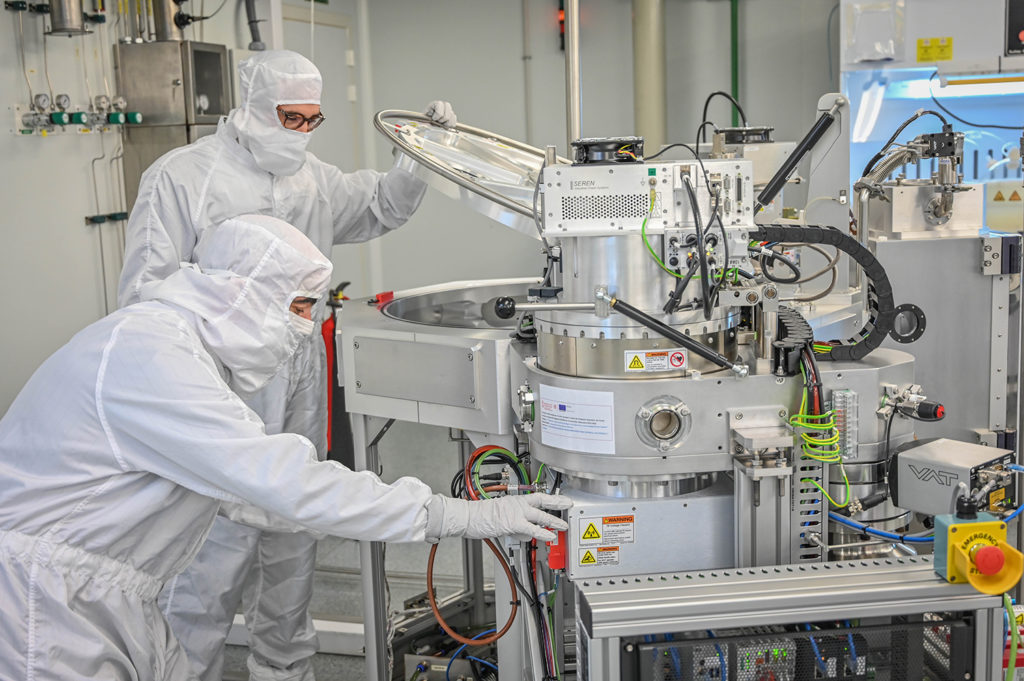
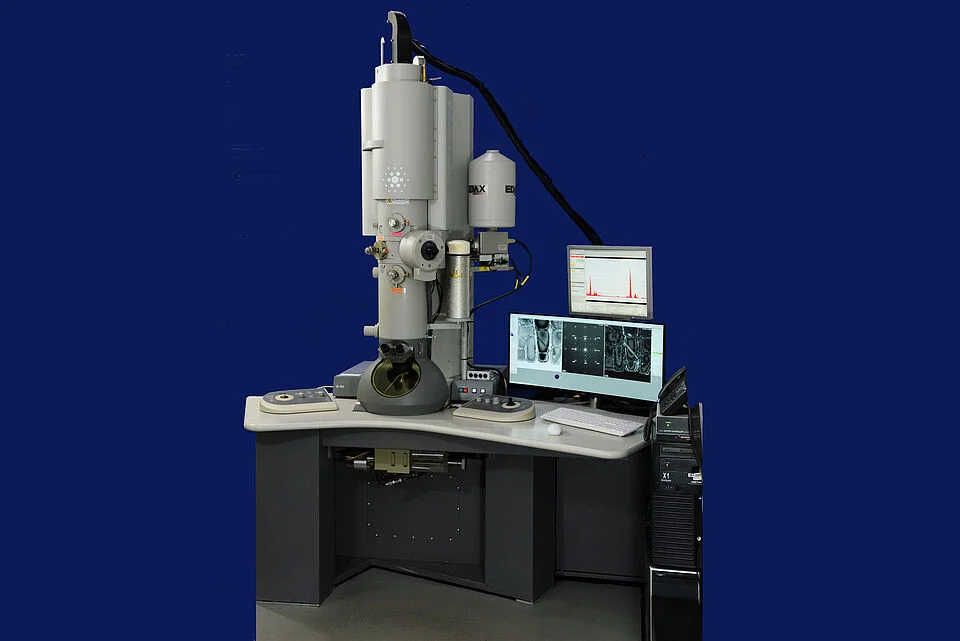
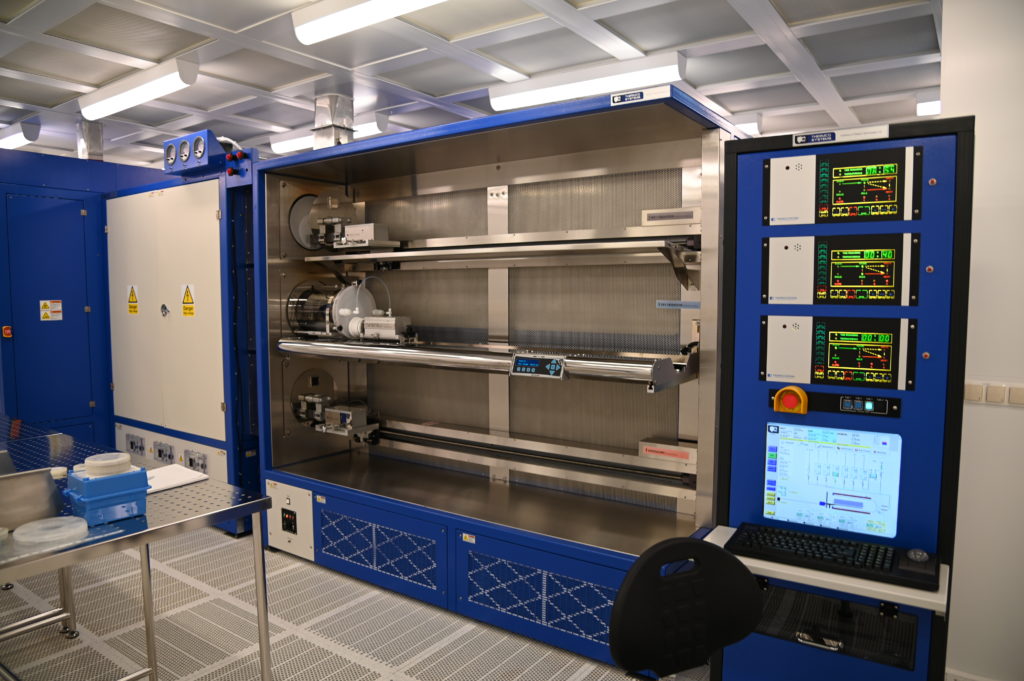

This project has received funding from the European Union’s Horizon 2020 research and innovation programme under grant agreement No 101035806
